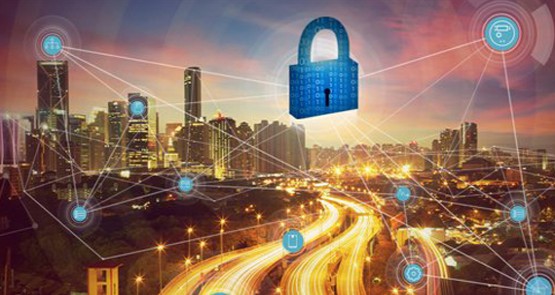Available Translations: es

Are Solar Panels Just Complicating Things in the Grid?
May 25, 2021Of course, we need to invest in renewable and more carbon neutral sources of energy, and domestic and small business deployments of solar panels are a key part of that.
It can, however, be a headache for the energy distributors who manage a grid which is tuned to specific assumed levels (sometimes called “norms”) of local consumption and generation. Substantial changes in demand and generation can lead to the grid moving out of its optimal parameter range, and this can lead to distribution inefficiency (also called technical losses) and potential damage to infrastructure.
Another problem is around export of energy – some energy producers have an excess of energy that they sell. A sudden reduction in demand can lead to an unplanned excess of energy. Those who remember their physics will remember that energy cannot be created or destroyed – it just changes its form. So, an excess in electrical energy must go somewhere and distribution providers have various storage “buffers” to hold the energy in a changed form. But, even these can sometimes reach capacity.
Although exceptional, in some cases, it is necessary for the energy distribution provider to turn off the connection to the solar panels in an attempt to restore balance and control the excess. In March 2021, an energy distributer in Australia had to do just that. They used a right recently acquired from the Australian Energy Market Operator (AEMO), to turn off connections to residential solar panels in a smart city project, along with other local energy generation sources. Have a look at Solar panels switched off by energy authorities to stabilize South Australian electricity grid - ABC News
Is this a bad thing? No. Engineers will always build systems to run within “norms”, and the fact that controls were put in place quickly to ensure that the “norms” were maintained and the energy grid protected from damage is the key take away from this.
What this does expose however, is the importance of remote control right through to the smart meter and the consumer. Many countries are initiating their smart meter rollouts, and many of these countries current rely on or will rely on locally produced energy. Some of these countries may follow the path of Australia and allow domestic solar panels to be turned off to protect the smart grid. It becomes critically important that smart meters embed the technology to turn on and off connections remotely to protect the smart grid when it is running under outside of the usual demand or generation “norms”.
NES provides smart meters which embed two remotely controlled power relays, enabling the energy distributor to connect or disconnect load or generation remotely, for single consumers or groups of consumers, based on a specific request, or on a scheduled plan. This is an important step in ensuring that the contribution of renewable energy is properly harnessed without leading to energy loss and potential damage to the smart grid.
You may find this article interesting too:
Smart Grid, Does One Size Fit All? The LATAM Perspective




